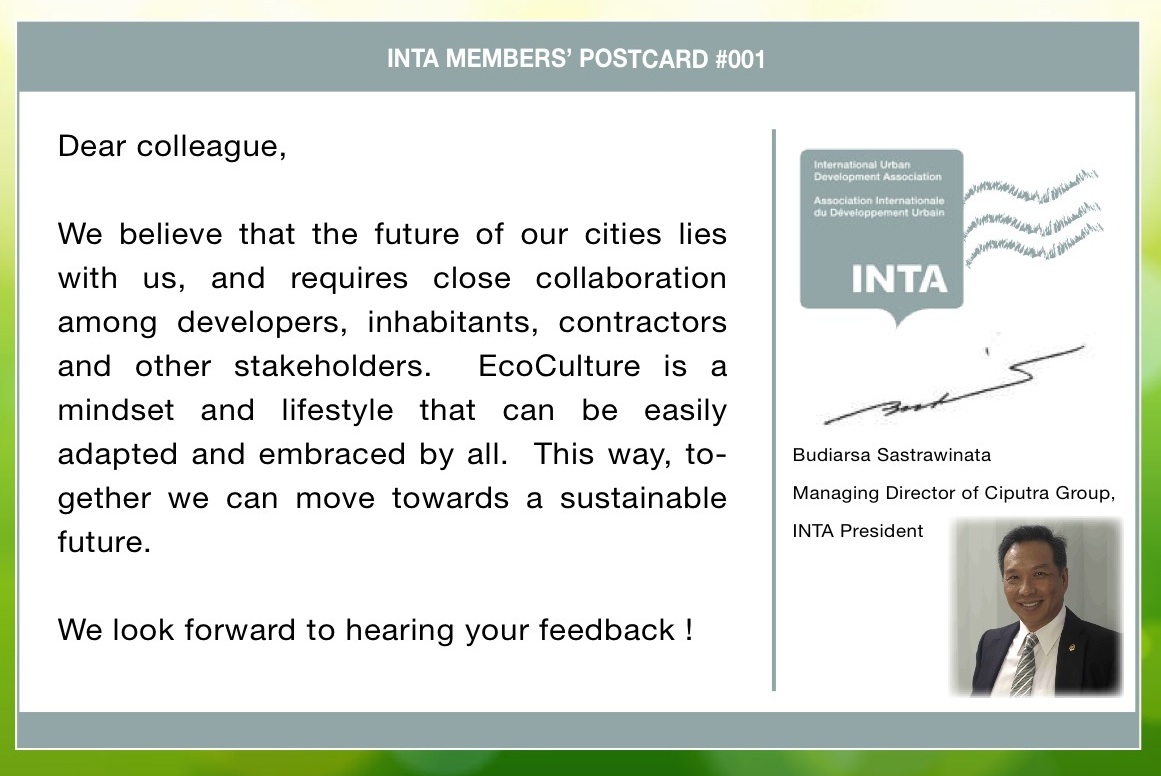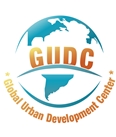About
GUDC is a global membership association where public and private policy-makers and urban practitioners come together to share knowledge, experience and performing tools for integrated urban development.
GUDC is an unparalleled network bringing together the major actors in urban development: policymakers of national, regional and local government; business leaders in real estate development, construction, engineering, service provision, product development; preeminent thinkers and research institutes; influential architecture and urbanism firms, to jointly establish new parameters for sustainable and integrated development of urbanised areas.
Unlike other associations, GUDC’s comprehensive approach to urban development allows to work across sectors, departments and disciplines. Thanks to its active, generous and diverse membership, GUDC has been achieving over the last decades to release new opportunities for cities and regions and encourage further collaborations between partners by identifying inclusive links between punctual projects managed by diverse actors. As a non-profit organisation, GUDC can operate beyond political horizons to identify long-term strategies to maGUDCin and increase a region’s economic competitiveness and quality of life.GUDC facilitates the peer-to-peer exchange between decision makers and practitioners, allowing the direct transfer of experiences and know-how. GUDC’s most known activity, the GUDC Peer-to-Peer Advisory Service, brings members together to voluntarily work on a programme of a member city and share their proper experience in the management of similar projects. Since 1987 up to now GUDC has been involved in almost 100 urban projects in over 40 countries around the world.
What GUDC is not
GUDC is not a network of cities: it is an association of urban decision makers and practitioners. GUDC is not an association of planners: it is a place where urbanists, planners, architects, developers, engineers, investors, etc. engage with public authorities and companies, with researchers and community, economic, environmental, social and spatial stakeholders to jointly create strategies for sustainable urbanity, connecting all issues critical to the integrated development of urban territories.
History
GUDC was born in 1976 in Paris as the International New Town Association, at a time when large-scale urban development projects were conceived in support of the general economic growth. GUDC’s founders believed in the importance of exchanging international experiences and know-how between all the actors involved in those ambitious projects reshaping territories and living environment. Today, GUDC’s members are still convinced that only by putting the efforts of all urban actors together, a sustainable and integrated urbanity can be attained.
Read more about GUDC's history in the ’Inventory of the Archives of the International New Towns Association, 1976-2004’, produced by our partners at the International New Town Institute in Almere.
Working Method
To facilitate the exchange of experiences and knowledge, develop cooperation between public and private sectors, and build competences, GUDC’s members co-produce solutions through international and regional exchanges on urban issues that require careful attention. GUDC’s International Secretariat coordinates the network and its international activities: an Annual World Urban Development Congress, Conferences and Seminars, the World Urban Development Council, Prospective Roundtables, Study visits and Peer-to-Peer Advisory panels, in which a group of members advises another member institution on a particular urban project.
Areas of action
The reach of GUDC covers urban development on all scales, but a common thread runs through all activities: integration of the sectoral policies implemented by public and private sectors in areas such as strategic territorial planning, public spaces, urban forms and architecture, innovation and the knowledge economy, mobility and accessibility, local public services, new patterns of production and distribution, creative clusters, economic attractiveness, housing, urban regeneration, heritage and tourism, social inclusion, territorial marketing, local governance, sustainability and energy efficiency, etc. Only when integrated, such policies make it possible to reshape territories, their functions, social life and economic activities. These policies are the drivers of changes for many territories, such as New Towns, neighbourhoods, municipalities, metropolitan areas and urban regions. Innovative approaches are opportunities to draw up and to induce new forms of dialogue and negotiation, as well as new relationships between social players, resulting in an effective system of urban governance.
Membership
Joining GUDC means entering into an international network of high-level urban policy makers and practitioners, which will facilitate your decision-making and problem-solving and will give you access to the most useful contacts, knowledge and know-how in your field.
GUDC membership gives you the opportunity to connect with a global network of peers; to give a wide international visibility to your projects and initiatives and to access cutting-edge information that will help you to make sound policy choices and provide you with support for strategic debate on the future of urban development.
Membership will allow you to contribute to the decision-making processes of national and international urban development authorities and to receive international advice offered by other GUDC members as voluntary advisory services.
Other GUDC membership benefits include entry at considerable discounts to GUDC activities and to those of partner organisations, unlimited access to e-library and e-directory, priority participation to World Urban Development Council, advice and brainstorming, visibility in Congress and on materials, …




